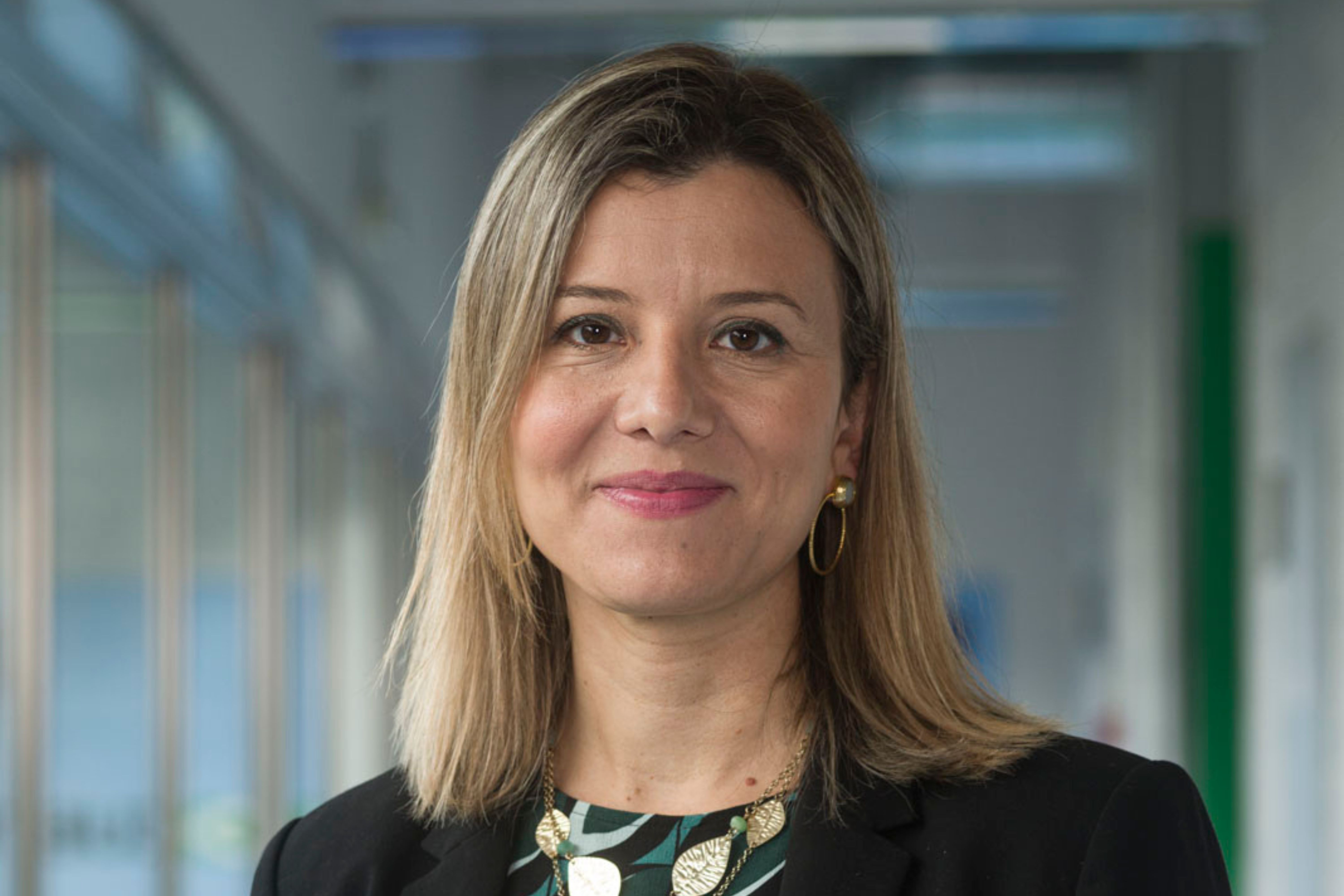
Latest information

Interview with Desirée Teijeiro, chief operating officer of Libera Bio
Santiago-based biopharmaceutical company Libera Bio is developing a new generation of precision nanomedicines, based on proprietary technology patents, with the aim of improving cancer treatments. It was awarded as the most innovative startup in Galicia at the EmprendeXXI Awards.
Libera Bio was created at the University of Santiago, how and with what goal was the spin-off created?
Our project effectively arises from many years of work developed by the research group led by Professor María José Alonso (USC), which resulted in an anti-cancer drug delivery technology that not only provided selective access to the tumour (increasing its effectiveness and reducing its toxicity), but was also the first nanotechnology capable of conducting monoclonal antibodies (very specific and potent pharmacological tools) to intracellular targets, opening up the possibility of treating oncoproteins that so far were inaccessible to other types of drugs. With such promising results and the firm desire to achieve clinical applicability of our research, Libera Bio was born, with the mission to help cure and improve the quality of life of cancer patients.
How do you value the support of the Ignicia programme, the Galician Innovation Agency and the Barrié Foundation?
The Ignicia programme was undoubtedly key to the development of the technology and setting up the company, as the final milestone of support. The programme's characteristics make it unique in terms of support, funding and flexibility, both for investing in any item necessary for the efficient development of the project (staff, consultancy, industrial property, regulations, subcontracting, etc.), and for adapting the work plan in a flexible manner, if deemed appropriate.
What are Libera Bio's main lines of work in relation to new solutions in cancer treatment?
Our first therapeutic candidate, against a specific mutation of the KRAS target, targets a fraction of cancer patients for whom there are no effective treatments and which represents more than 150,000 patients a year in Europe and the United States alone.
But the idea behind this is to exploit the versatility of the technology and maximise the opportunity to bring new therapeutic solutions to oncology, and for that it is important to establish partnerships. In this way, through partnerships with biopharmaceutical companies such as US-based EVQLV and ImmunoPrecise Antibodies (NASDAQ: IPA), we are developing new treatments based on monoclonal antibodies against three other intracellular targets present in many types of tumours.
They were beneficiaries of the Xunta de Galicia's Talento Sénior programme, aimed at hiring highly qualified research personnel. How do you assess the current context of the Galician biotech ecosystem in terms of talent, entrepreneurship and job creation?
The figures speak for themselves: Galicia is the second most bioentrepreneurial region in Spain, with around 10 new biotech companies every year. This is not a coincidence, it's the result of the good scientific efforts made in Galicia, tireless efforts from entrepreneurs, efforts from the Administration with their plan to promote biotechnology... and, of course, this translates into job creation, many of which require highly qualified staff and represent a great opportunity for both retaining and attracting talent. The Galician biotechnology sector is going through a sweet moment and now what is needed is for it to be consolidated.
Libera Bio has received support from the CDTI's Neotec programme. What project will you focus this support on?
The CDTI support will be mainly invested in developing our most advanced therapeutic candidate, against the KRAS target.
What are Libera Bio's future challenges in terms of innovation and research?
Our main challenges are to continue advancing in the development of new precision anti-cancer drugs, based on our technological platform, until we can demonstrate the clinical benefits for the patients for whom they are intended.